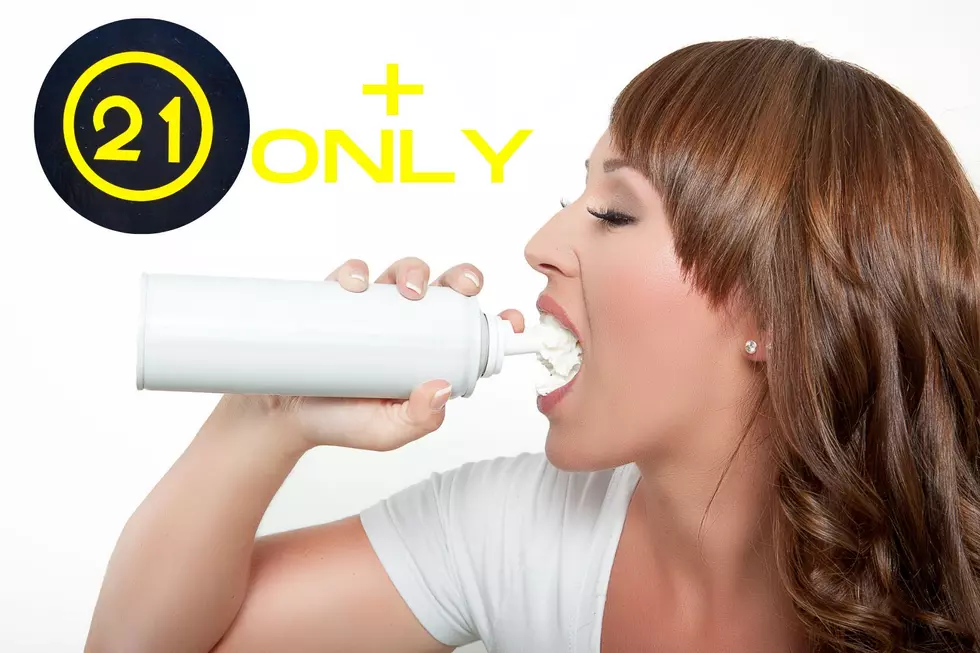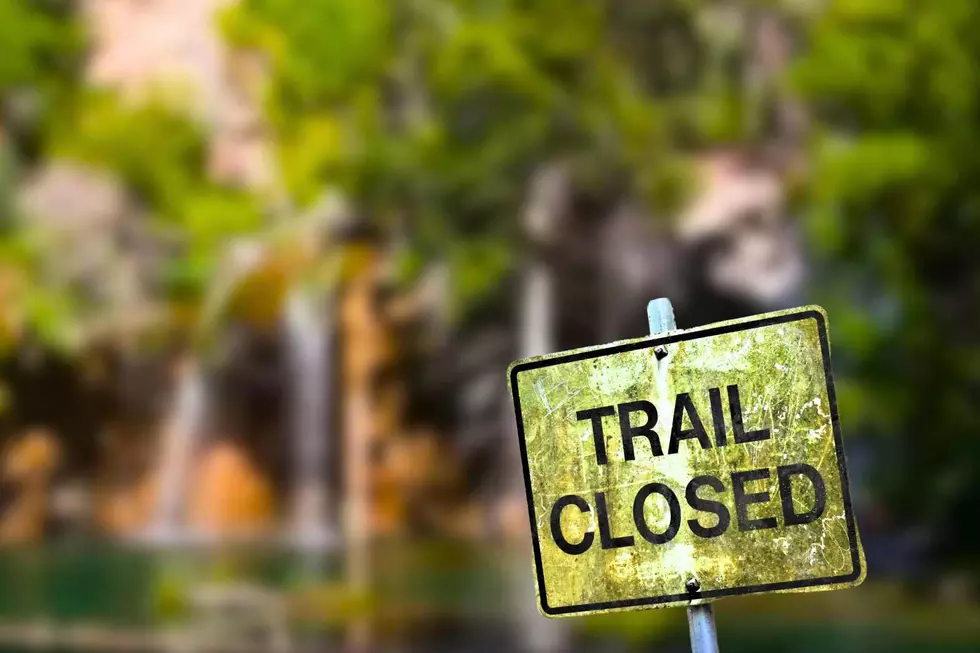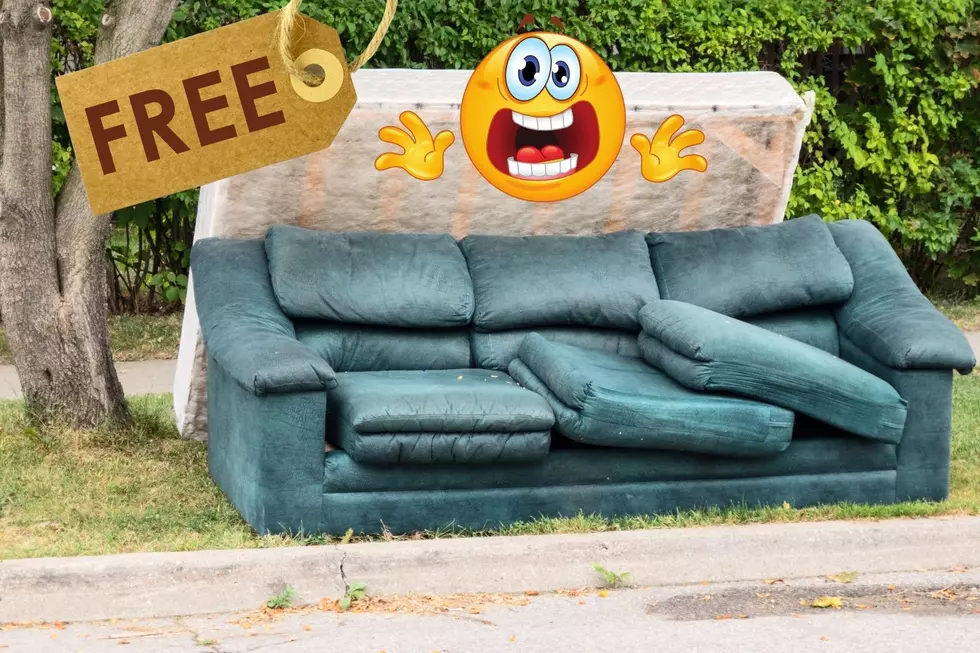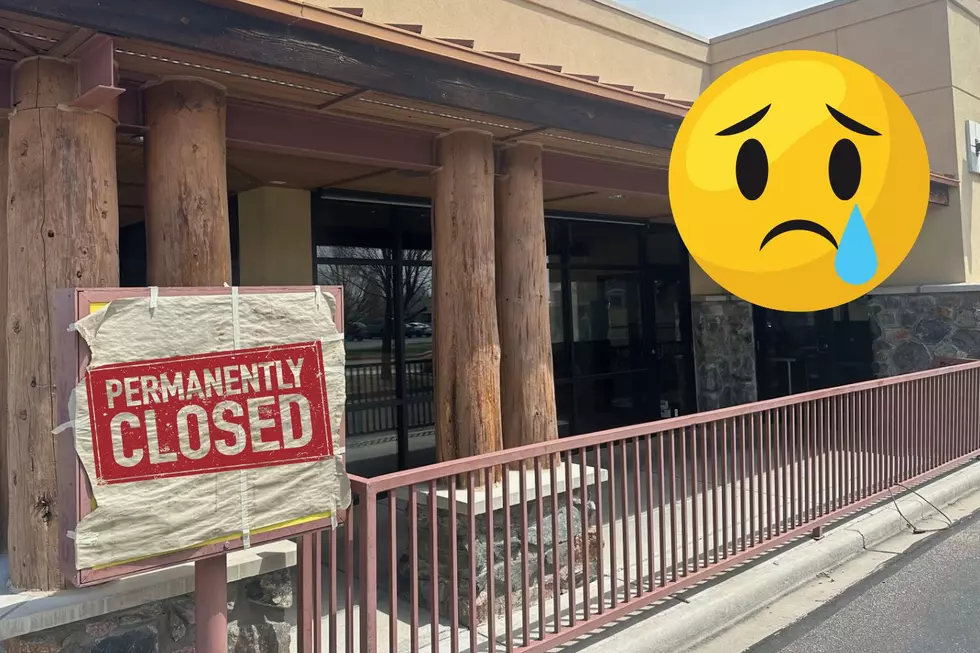
Buying Canned Whipped Cream Under 21 Now Illegal in NY, Should Colorado Follow?
Colorado has its fair share of weird and crazy laws, but one law in New York is making people scratch their heads.
In November of 2021, a New York law banning the sale of whipped cream chargers to those under the age of 21 quietly went into effect. Many grocers were unaware of the new law and are now hanging up signs to inform the public that they will be carded when buying cans of whipped cream.

New York Senator Worried About Potential Abuse
The law was sponsored by New York State Senator Joseph Addabbo, from Queens who stated:
Sadly, young people buy and inhale this gas to get ‘high’ because they mistakenly believe it is a ‘safe’ substance. This law will eliminate easy access to this dangerous substance for our youth.
Nitrous oxide gas is used in cans of whipped cream in order for the sweet cream to be dispensed, but the gas is also commonly misused by youth because it can create a euphoric effect when inhaled.
An entity found in violation of selling whipped cream chargers to those under 21 would be subject to a civil penalty of up to $250 for an initial offense and up to $500 for each subsequent offense.
Could Colorado Follow Suit with Law for Whipped Cream?
Now that one state has outlawed the sale of whipped cream chargers to those under 21 it may be only a matter of time until other states start to follow. Colorado already has its own law prohibiting inhaling fumes for the purpose of intoxication, but who's to say that couldn't change?
In Colorado, C.R.S 18-18-412 prohibits the abuse of toxic vapors:
No person shall knowingly smell or inhale the fumes of toxic vapors for the purpose of causing a condition of euphoria, excitement, exhilaration, stupefaction, or dulled senses of the nervous system. No person shall knowingly possess, buy, or use any such substance for the purposes described in this subsection (1), nor shall any person knowingly aid any other person to use any such substance for the purposes described in this subsection (1).
Breaking the above law is considered a level 2 drug misdemeanor for adults which is reportedly punishable by a fine of up to $500 and up to one year of probation, with the possibility of a total of 120 days in jail, or up to 120 days in jail.
A juvenile charged with an offense pursuant to this section is subject to the jurisdiction of the juvenile court pursuant to section 19-2.5-103.
Twitter Reacts to New York's New Whipped Cream Law
NEXT UP: Crazy Old Colorado Laws That Are Still Enforced Today
The Best Colorado Cannabis By Category: 2022
2022 Colorado Cannabis Themed License Plates
More From 99.9 The Point






